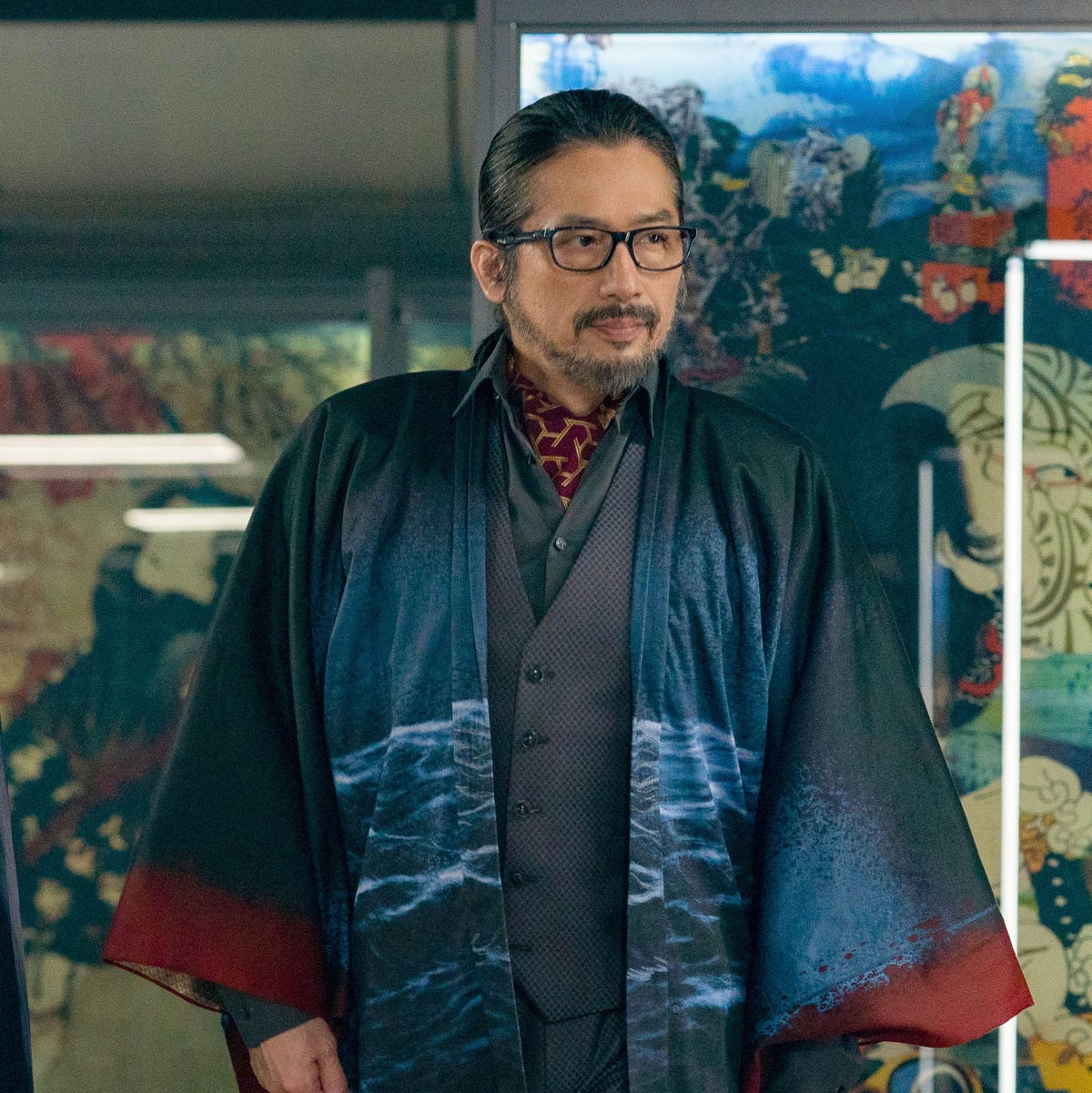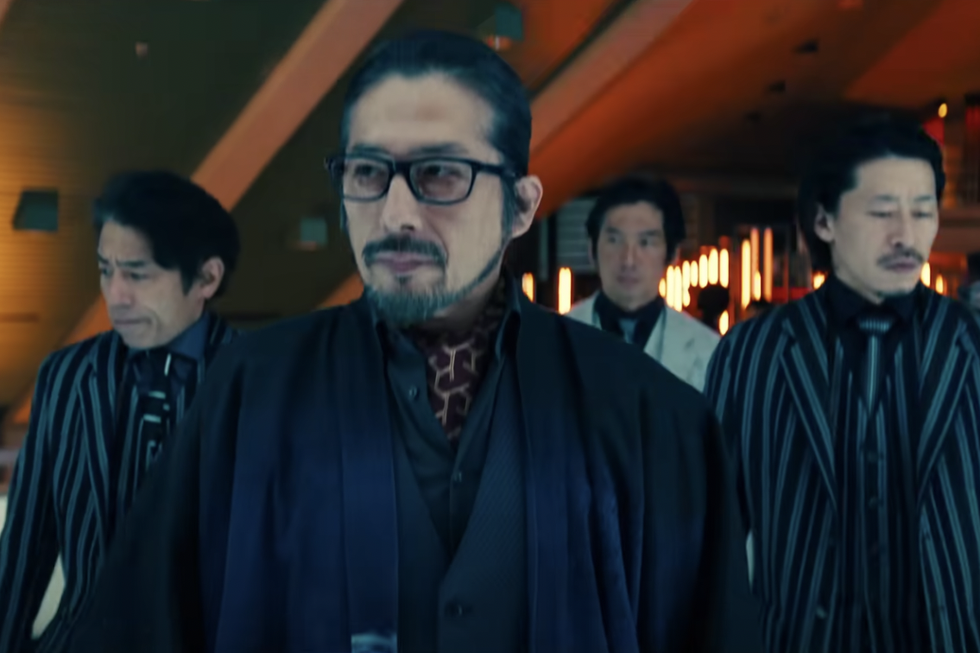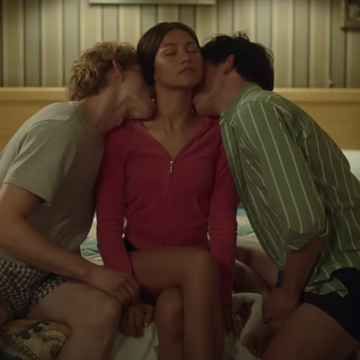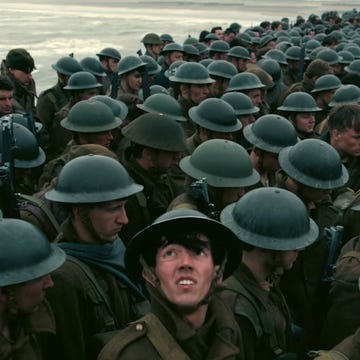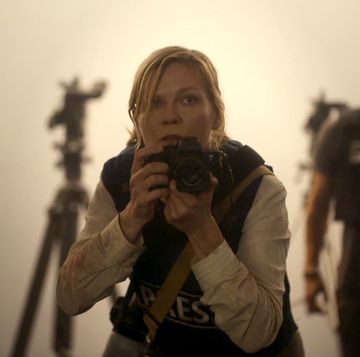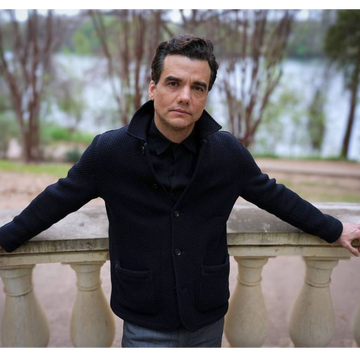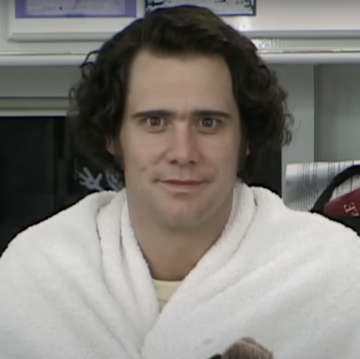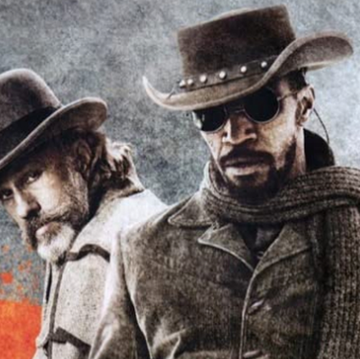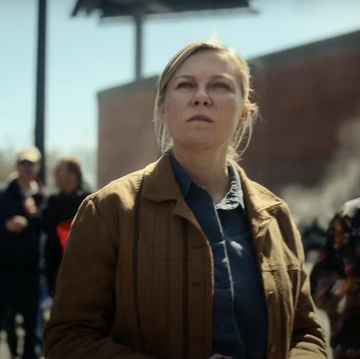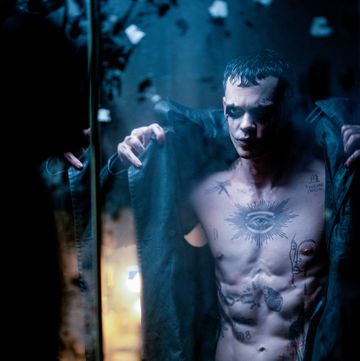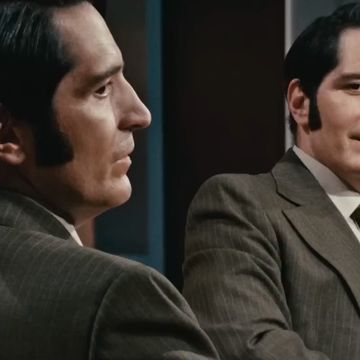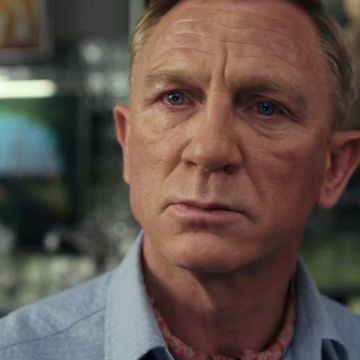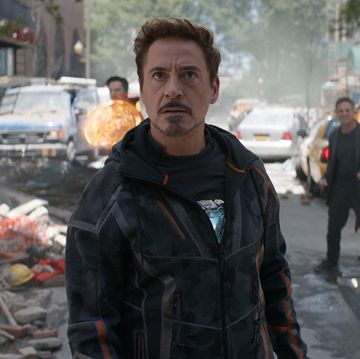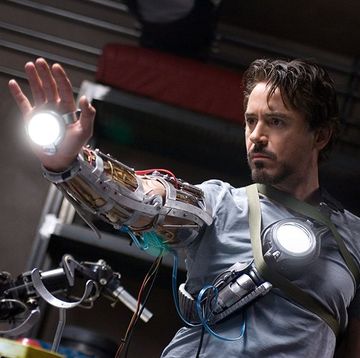If you’ve seen a samurai in film or television recently, there’s a very good chance he was played by Hiroyuki Sanada. Over the past decade, the Japanese actor has appeared in Westworld, Avengers: Endgame, Mortal Kombat, Bullet Train, and 47 Ronin, to name a few of his of latest, greatest hits. At 62 years old, the prolific actor now stars opposite Keanu Reeves and Donnie Yen in John Wick: Chapter 4–easily one of best action films of the past decade.
"I created this role just for you," Hiroyuki Sanada, who goes by Hiro, told Esquire about the first words director Chad Stahelski said to him before filming the latest John Wick entry. "I was so happy. Chad said, 'It's John Wick's old friend. Please say yes.'" Sanada, of course, answered yes. John Wick: Chapter 4 also marks the first time Sanada has fought Hong Kong luminary Donnie Yen on screen, which proves to be a scene-stealing clash between two industry titans. For action fans? It’s the matchup of a lifetime.
Western audiences may not be as familiar with Sanada's earlier work, but he got his start at four years old (!) as a child model in Japan. "I liked being on set more than at school," he joked. "The noise—yelling, building sets—that was my lullaby." He played the son of one of legendary Japanese actor Sonny Chiba's yakuzu characters in the Game of Chance trilogy, later becoming something of a protégé to Chiba with his Japan Action Club. Now playing leading samurai characters of his own, it feels like a passing of the torch from his former TV father and mentor. "I learned a lot from him," Sanada said. "Not only technical things, but how to behave on set as an actor and as a person. I had great masters in my life." Sanada is also reaching a personal milestone this year, producing and starring in his first leading series, an FX period drama titled Shogun.
Below, we talked to Sanada about practicing martial arts, attending Michelle Yeoh’s wedding, and filming the legendary Donnie Yen fight in John Wick: Chapter 4.
ESQUIRE: Hiro, last weekend I watched 1986's Royal Warriors, where you co-starred with Michelle Yeoh. It was amazing. Have you kept in touch throughout her big year?
HIROYUKI SANADA: I sent my congratulations. So happy. We still see each other at parties and we have great memories together. I went to her wedding in Hong Kong and that was the first time I met Jackie Chan and Sammo Hung. I [remember thinking], Everything is linking.
One of the best moments in John Wick: Chapter 4 is the fight between you and Donnie Yen. Was it as fun for you as it seemed to be in the film? I read that you were high-fiving each other in-between takes.
Yeah, we had a great time. Chad was enjoying it too—just watching the chemical reaction between us. The collaboration was so easy. Very smooth. We shot all night, but it was so much fun. When we did the scene, all the crew in the studio came to watch us. So, that was a good reaction. [Laughs.] I hope people enjoy our scene.
Isn't there something so special about being able to do all of the fighting and the stunts yourself?
Including the creation [of the moves]—and picking up on others' ideas—it's a good conversation with the body. When I was a child actor, I saw a lot of movies and all the leading actors did the acting, dancing, and singing by themselves. I thought, That was really a service. I want to do everything by myself. Action is one of my skills. If the script calls for me to do it myself, I do. Until I can't walk. And practicing martial arts, it's good training for both the body and the mental. We learn a lot of mental strength and how to be kind to others. It's so useful in real life, especially on set. Moviemaking is all teamwork.
You chose your own name for your role in John Wick: Chapter 4. How did you decide on Shimazu Koji?
Chad asked me what name I wanted to use—hopefully a big samurai name. I chose from my mom's countryside, Kagoshima, whose biggest name was Shimazu. It's a good name for a samurai. Strong. Keanu and Donnie wanted to call me by my first name—because a long, long friend is kind of like a brother. So, Shimazu was too distant. But my role didn't have a first name! I talked to one of the choreographers on set, Koji Kawamoto, and asked if I could use his name for my role in the movie. He was so happy and surprised.
What have you seen, throughout your career, are the biggest differences between working in Japan and the U.S.?
The biggest difference is language. [Laughs.] That's a big wall, so that's why I wanted to break the wall in my generation. I wanted the challenge. Budget is different, so there are differences. But acting itself is the same. All the crew has the same smell. The lighting man has lighting man smell. [Laughs.] But basic things are the same. I want to be a bridge between East and West. That's my mission.
Have you ever had to correct an American director on something you thought would be insensitive or just plain wrong about Japanese culture?
Yeah, every time I join a project, I talk to the producer and the director and correct our culture as a consultant. I volunteer, every time. On The Last Samurai, I spent a long time with production to correct everything as much as possible. Working in the U.S., it was good training.
What was it like being on the production side for Shogun?
All day on set, as a producer, is very physically hard. But mentally—so happy. If the young actors do a good performance, that's makes me so much happier than if somebody said my acting was great. I would like 80 percent of the crew feeling happy—20 percent me feeling happy. It's the next step in my life. I've got a new job. It's like I got a movie diploma.
